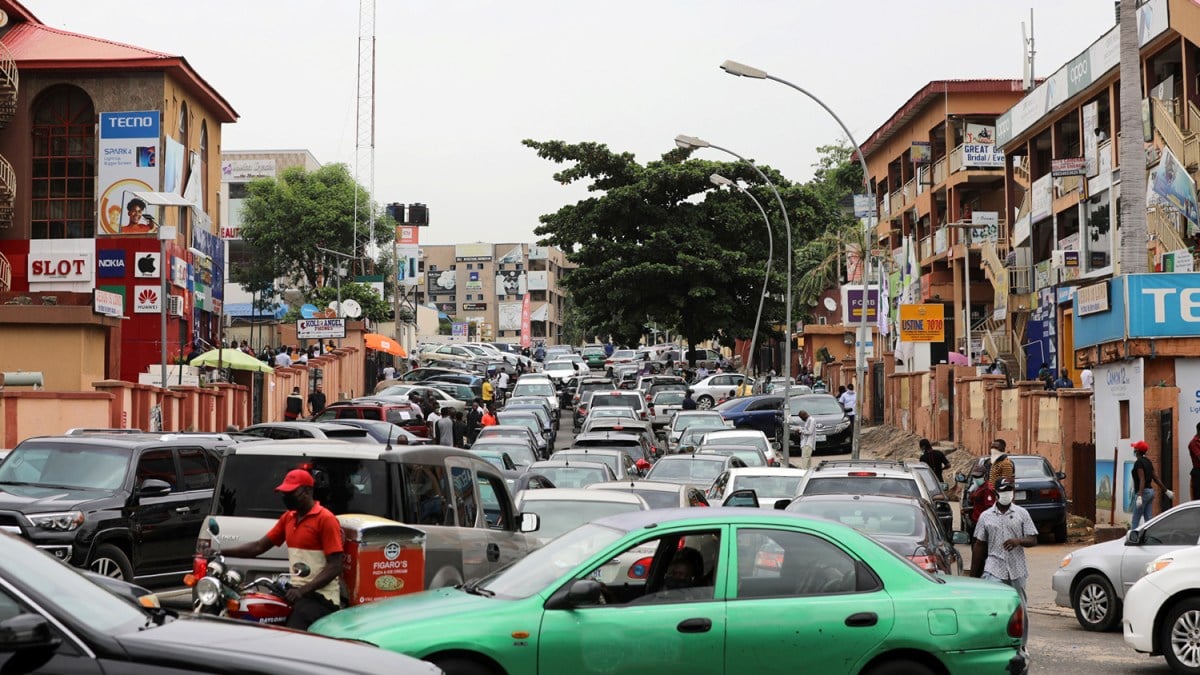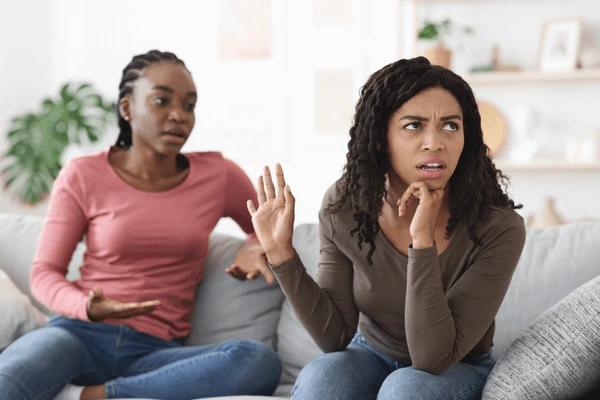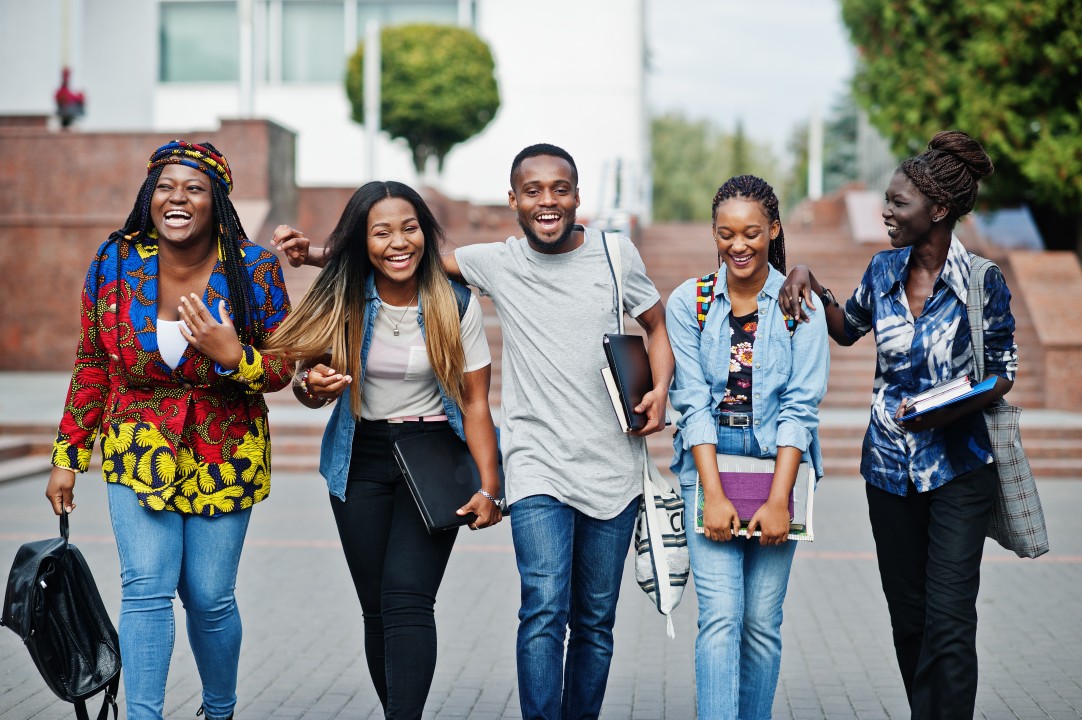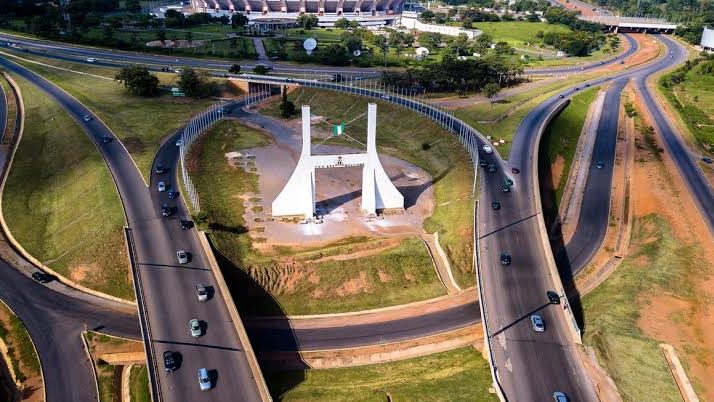- by Williams O.
- Jun 28, 2025
How Safe Is Abuja in 2025? Neighborhood Watch and Security Tips
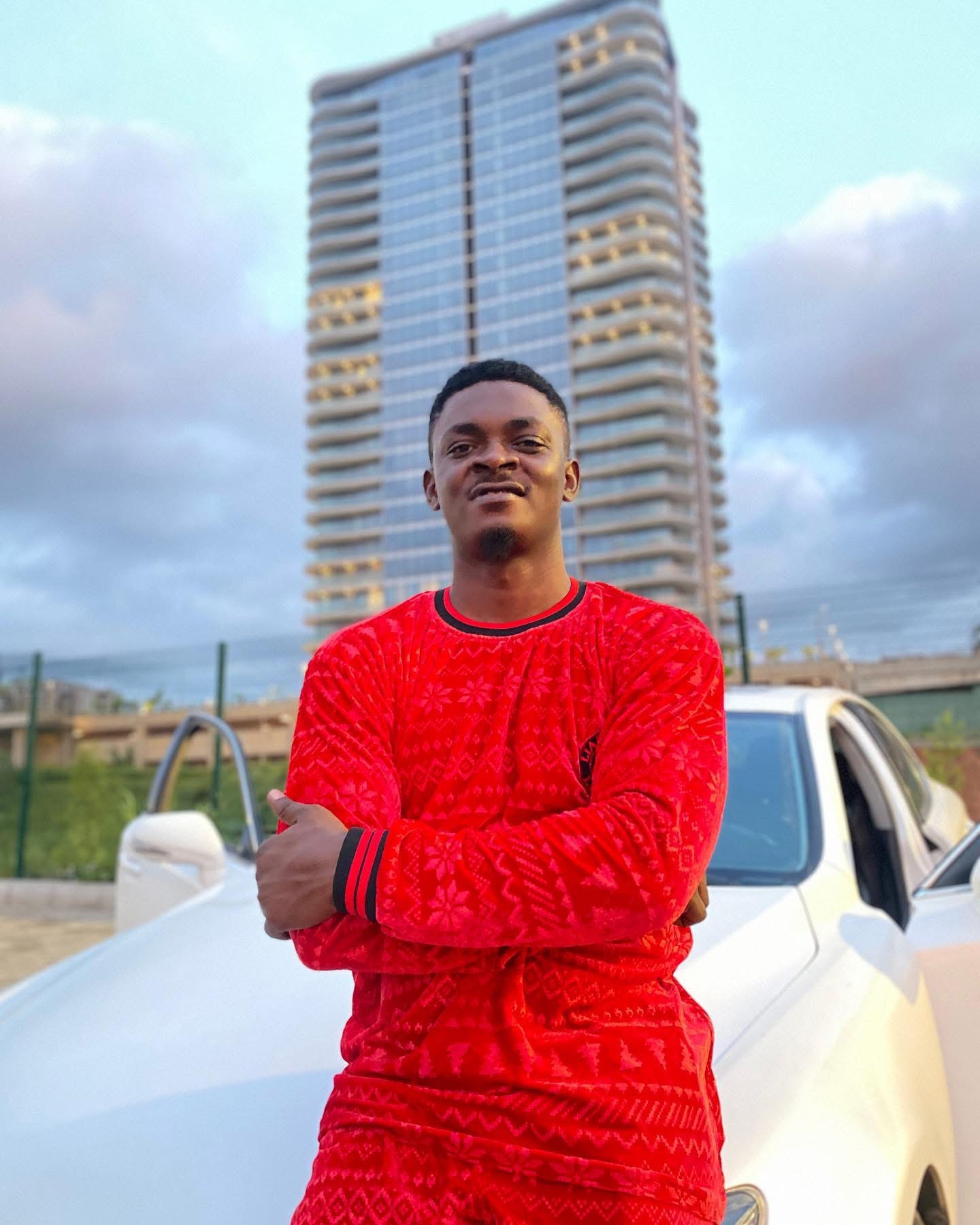
- By Williams O.
- • Thu, Jul 10 2025
- • in Life in Abuja
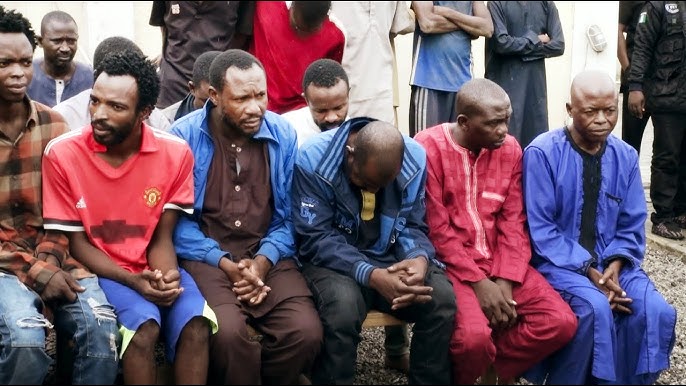
Safety is Personal
I stopped waiting for someone to protect me. Now, we protect each other.
Ayomide O., neighborhood watch volunteer, Dutse
Ask someone in Asokoro if Abuja is safe, and they may say yes. Ask someone in Nyanya who had their phone snatched last week, and they may hesitate.
The truth is, safety in Abuja depends on where you live, what time you’re out, how well your street is lit, and whether your community looks out for itself.
2025 has brought a strange calm to Abuja. Not loud danger, but quiet caution. And in this city of government, gardens, and growing gaps, knowing how to stay safe is not panic. It is power.
What the Numbers Say
Security reports from late 2024 show a rise in petty theft, break-ins, and street harassment, especially in outer zones like Jikwoyi, Mararaba, and parts of Gwagwalada.
Carjackings and kidnapping threats have reduced slightly within the city centre due to increased patrols. But residential burglaries and market scams are now the everyday worry.
Police presence exists, but response time varies. In many neighborhoods, residents rely on each other first, through community WhatsApp groups, shared night watches, and locked gates.
The Real Experience, Neighborhood by Neighborhood
Wuse and Maitama:
Still among the safest zones, but petty theft around banks and ATM spots is rising. Always stay alert when withdrawing cash or walking alone at night.
Gwarinpa and Lokogoma:
Growing estates with mixed security. Some areas have private guards, others don’t. Phone snatching and home break-ins increase during festive seasons.
Nyanya and Karu Axis:
These areas remain busy and congested. Pickpocketing in buses, bike-related snatching, and late-night harassment are reported often.
Kubwa and Dutse:
Community-led watch groups are gaining ground here. Security is decent in gated estates, but burglary attempts are reported in open layouts.
Kuje and Gwagwalada:
Further from the city centre, police patrol is irregular. Safety often depends on local vigilance and religious institutions offering help during emergencies.
Practical Tips from Real Abuja Residents
Join or Create a Neighborhood WhatsApp Group
From stolen generators to missing kids, these groups have saved time, lives, and property. Most estates or even streets now operate at least one.Avoid Dark, Isolated Streets After 9PM
Even if you’re close to home. Most incidents happen in those final 500 meters. Walk with someone. Stay on main roads.Install Motion Sensor Lights
Affordable and effective. Several residents say just installing one outside their gate has stopped night loitering.Do Not Share Full Address Online
Sounds obvious, but many online vendors in Abuja still share their full house address on WhatsApp. Use general landmarks until trust is built.Keep an Emergency Number List Printed Out
Not everything will be on your phone when it matters. Print out emergency contacts, local police numbers, and family details. Keep it in your room.Be Kind to Your Security Guards and Neighbors
A neighbor who knows your routine will notice when something is wrong. A guard who feels respected is more likely to go the extra mile.
What the City Needs to Do Better
Streetlights in Outskirts: Too many communities still go dark by 8PM
Functional Patrol Teams: Visibility deters crime more than sirens after the fact
Youth Engagement: Idle youth are often drawn into small crimes, communities want more skill centers, not just more policemen
Reliable Police Numbers: Too often, people say emergency lines ring out or go unanswered
Hope Comes From the Ground Up
Despite the risks, Abuja is still filled with warmth. Neighbors share food. Strangers return missing wallets. Women form watch groups on Telegram. Drivers stop when someone cries out.
This city may not be perfect, but it is still home. And when communities come together, even fear loses its grip.
Final Word
Safety is not something someone else creates for you. It is something we build, quietly, consistently, in our daily decisions and in the way we protect each other.
So check your locks. Walk together. Teach your children to speak up. Be the person who looks out, not just for yourself, but for the next person too.
Abuja is watching. Let us help her breathe easy.
